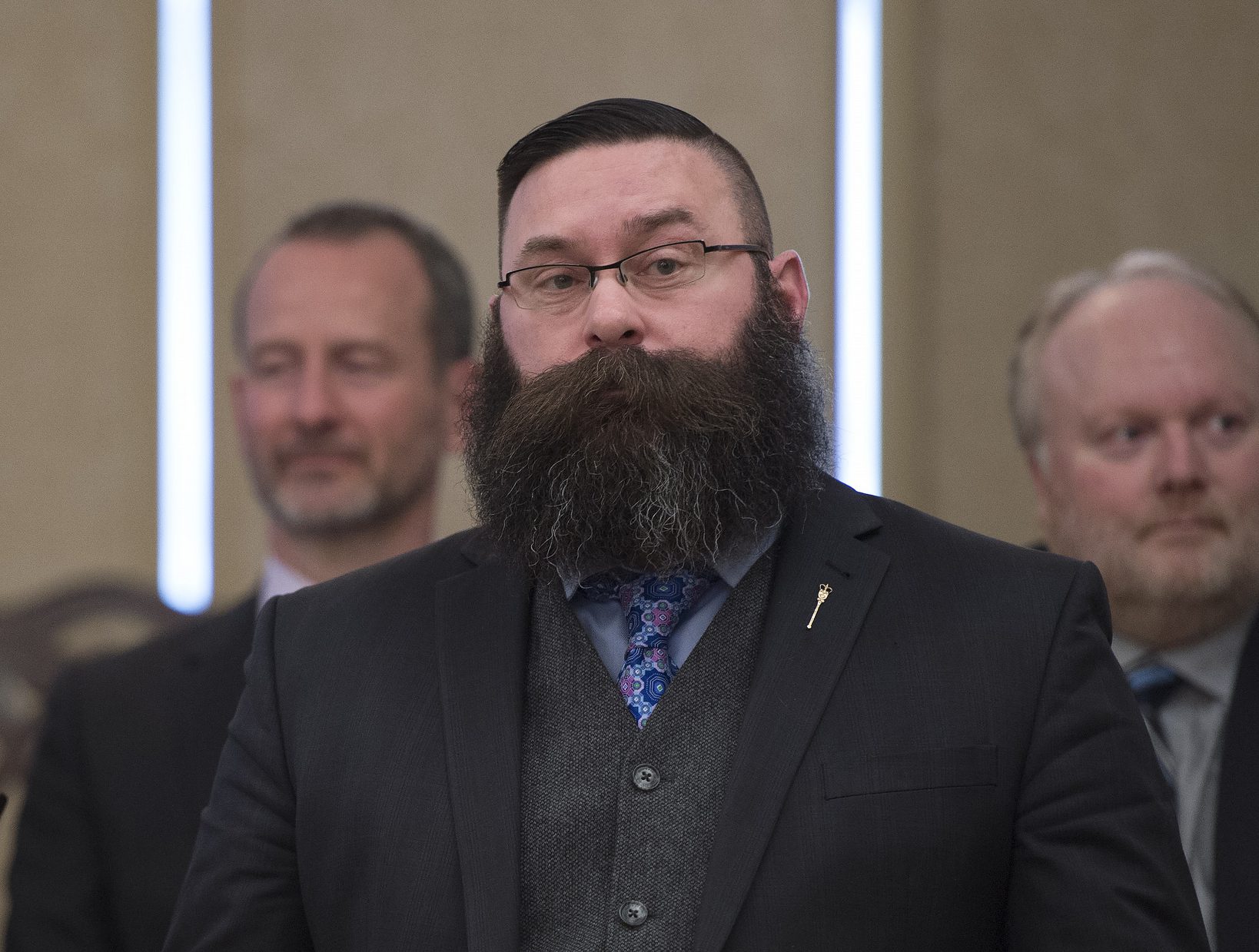The provincial government has introduced the third set of updates to the Municipal Government Act in the House of Commons. The proposed changes push municipalities to work together, without heavy legislation.
For instance, the County of Grande Prairie will now have to send neighbouring First Nations any new land use plans in the mail. Reeve Leanne Beaupre says the only potential snag is hearing back from them by deadline.
“We require a certain date that they reply to [by] so we can make sure that we continue to move progress along in an exponential time frame. I think that that has to be communicated to all parties that there is deadlines and dates that we have to meet.”
Because First Nations reserves and Métis settlements fall under federal jurisdiction, the province can’t force them to create cooperation agreements with nearby communities. School boards and municipalities would also be required to create joint planning agreements for school sites.
The third stage of changes was put together after consultations across the province last summer. It lets neighbouring communities work together on infrastructure like recreation centres and libraries that benefit an entire region. Beaupre feels confident they’re already doing much of what’s been asked.
“We did speak with the minister and the minister basically said, ‘there’s municipalities that do these things and they do them well, and then there’s those that don’t; the County of Grande Prairie is one of those municipalities that do them well,'” she says. “We have multitudes of agreements with our municipalities.”
The County waiting for actual legislation to find out whether those agreements will need to be finalized in a different way. Beaupre argues they already have a plan in place with the City, but some parts need to be reviewed.
One of the proposed changes would give municipalities the ability to create parental leave policies. Currently, councils can allow someone to take an extended leave of absence, but only on a case-by-case basis. Beaupre says she’s interested in the move, but isn’t sure how it would work on her council.
“It looks like it may be challenging for a municipality because, depending on where you’re at, a lot of municipalities are elected by division, and so if you have an absentee representative of the electorate, it’s going to be hard for that division to have their voice at the table.”
Regardless, Beaupre hopes it will encourage more people to take part in municipal elections. Only 26 per cent of municipal councillors in Alberta are women. Municipal Affairs Minister Shaye Anderson says in their consultations last summer, people said they didn’t want the legislation to be mandatory.




